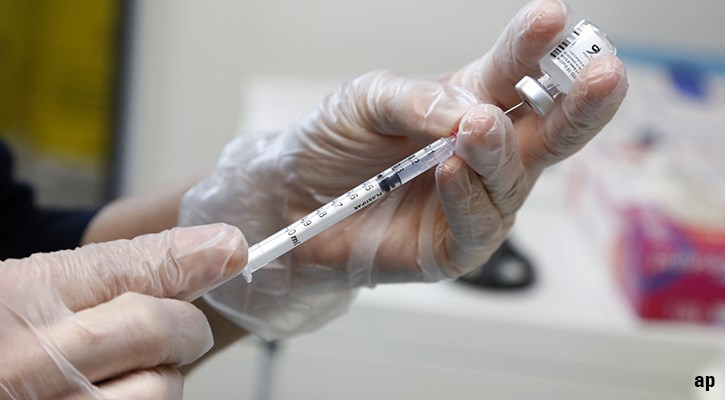
In part because of the coronavirus pandemic, many companies in the health care space have seen robust returns, including holdings in the TD Health Sciences mandate, managed by Dr. Ziad Bakri. Bakri is vice-president and portfolio manager at Baltimore-based T. Rowe Price Associates Inc., subadvisor to the fund.
“The pandemic,” says Bakri, “has affected some parts (of the health care space) positively and some parts negatively. Different kinds of services will be in a better spot, such as vaccine makers and companies that make drugs against infectious diseases. Overall, health care has probably been a beneficiary, or outperformed other sectors.”
And post-pandemic, Bakri sees no sign of the sector weakening. “There are so many things coming to fruition,” says Bakri, “with all the advances in genome sequencing and biology. COVID-19 accelerated that in biotech and in developing new medicines.” As to future out-performance, “I might be wrong, but my prediction would be that the health care sector is going to do better than the S&P, and I think we can return better than the S&P.”
Whatever the scenario, the investment strategy for the actively-managed fund remains the same. “Investing in the best medicines and innovations doesn’t change,” says Bakri.
A Team of Experts
Among the approximate 200 stocks in the mandate, about 90% of the holdings are in the top 100 or so names. “We’re a diversified health care fund,” says Bakri, “if investors want exposure to everything in health care, not just drugs.”
Including Bakri’s background in medicine and financial experience, he draws on the strength of a broad research team of nine analysts and four junior associates. “I’m the sole manager,” says Bakri, “but I couldn’t achieve those results on my own.”
With a longer-view philosophy, the overall portfolio turnover has been between 25% to 40% for a long period of time. In some cases, stocks will be held in the fund for five to 10 years.
Investing in Innovation
The portfolio is characteristically weighted with about a 35% weighting in biotech companies. Meaningful alpha often comes from the highly innovative areas of biotech and medical technology/life sciences tools.
Holdings sought in biotech include companies developing new drugs for unmet medical needs. Risk management in the biotech area includes holding smaller weights with future growth potential. “If you pick something that can go up 10 times,” says Bakri, “there’s no harm in having a position in it. If you lose, you don’t get your hand chopped off, you get a fingernail chopped off.”
Favoured companies include strong management teams and good science that supports innovation for transformative medicine with market potential. Other subsectors invested in include pharmaceuticals and health care services.
Other thematic and secular trends include advances in technology and healthcare in some areas, according to Bakri. Such advances include glucose monitoring for diabetes patients, artificial intelligence in healthcare, and more efficient, targeted drugs. Tele-medicine is another trend. “People don’t want to go to the doctor if they don’t have to,” says Bakri. Procedures being moved out of the hospital, with more out-patient and ambulatory services, are probably another post-COVID trend.
Stocks in Focus
Intuitive Surgical Inc, a robotics surgery and instrumentation provider among the top 10 holdings, is an example of the investment approach. “The company is rapidly growing on the right side of technology change. The new innovations are leading to better patient outcomes, better medicine and is bringing real advances to the old-fashioned way of doing things,” he says. As well, the company is considered a good business model. The company sells the equipment to hospitals and then from the procedures they receive revenue.
Eli Lilly and Co is an example of a different risk/reward profile to biotech companies. “Eli Lilly has multiple drugs on the market,” says Bakri, “some great new product launches, and some late-stage pipeline drugs that are really exciting, such as a novel diabetes drug.” The company is also favoured for its great science, great management team and strong business base.
Kodiak Sciences, a clinical-stage company, illustrates the longer-term investment approach. It is a single drug company, “and perhaps a more risky one,” says Bakri. The company is developing a potent, effective drug therapy for common eye diseases. “If it fails, you could lose most of your money: If it wins you could make multiples because the market is so large and it would be a big advance in standard of care.” The company is highly favoured for its great management team, its great science and strong early-stage data.





















